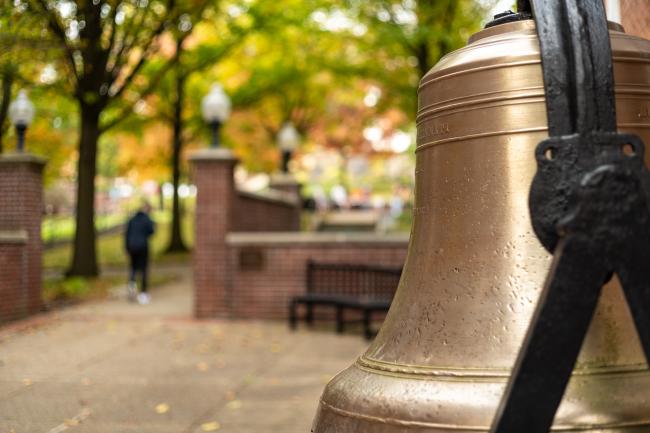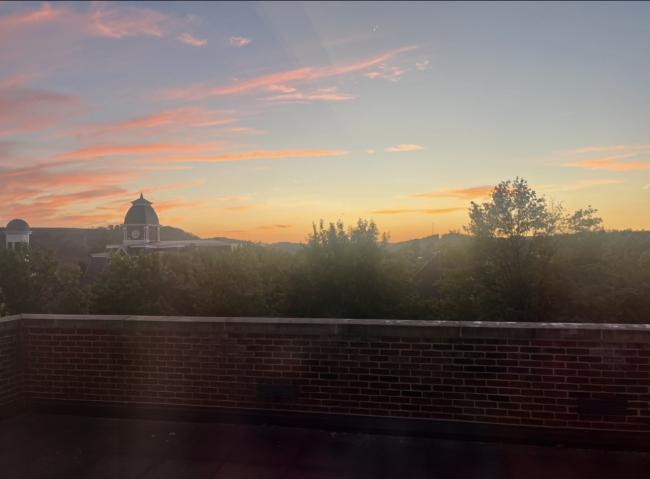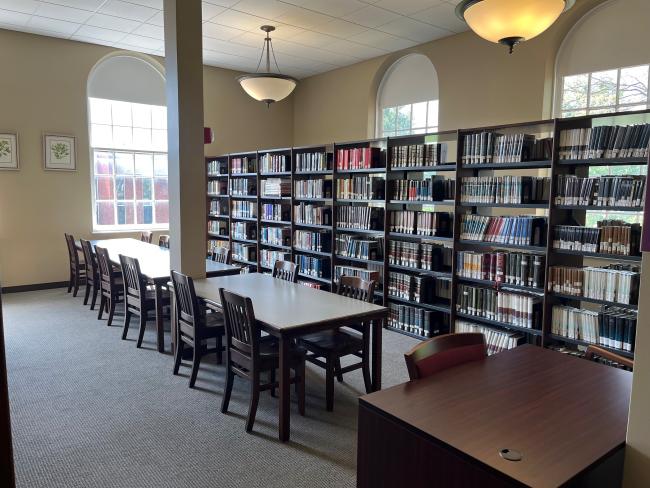When we open a book, we are invited to look at the world through new eyes. Books hold the potential to bring people of differing backgrounds, views, and opinions together. In a world that is increasingly segmented, coming together and confronting the engrained boundaries that keep us apart is fundamental to the healing of our communities. Banned Books Week has special meaning this year as our world continues to grapple with the injustices that disenfranchised members of society face daily.
The American Library Association (ALA) chose the image of a maze to be the icon for Banned Books Week this year. Mazes can cause confusion, fear, and frustration. The image signifies the challenges and roadblocks faced when our freedom to read is compromised. The gathering of knowledge, the expansion of our own thoughts and perspectives, hit a dead end when books are kept out of reach for the community. Limiting the voices and words of others is not a new concept, but sadly, one that has been practiced for centuries.
And Tango Makes Three. The Color Purple. The Perks of Being a Wallflower. To Kill a Mockingbird. The Kite Runner. I Know Why the Caged Bird Sings. The Handmaid’s Tale. The Bluest Eye.
The above titles are just a few examples of books that have been challenged over the years. Do you have any banned books on your shelf? Two of the most influential books in my life are The Bluest Eye by Toni Morrison and The Handmaid’s Tale by Margaret Atwood. I remember the first time I read these two books. I was an undergraduate student studying literature and creative writing. Morrison and Atwood provide the reader with an honest examination of equality, women’s rights, and the call for a just society. These two books changed my outlook on life. The Handmaid’s Tale, while consistently popular, especially now due to the television series, continues to be challenged and banned throughout schools and libraries in the United States. The Bluest Eye faces the same fate. If I had been banned from reading these two books, my outlook on life would have lacked perspective and empathy.
This year, please join the Waynesburg University’s Writing Center and celebrate the fact that we are free to read books that inspire, challenge, and validate our diverse country. While COVID-19 still keeps many of us apart, we hope you will join us in celebrating the written word! Words and stories have the capacity to buoy positive change to the forefront of our society.
What book will you open up today?
Learn more about the Writing Center at Waynesburg University


